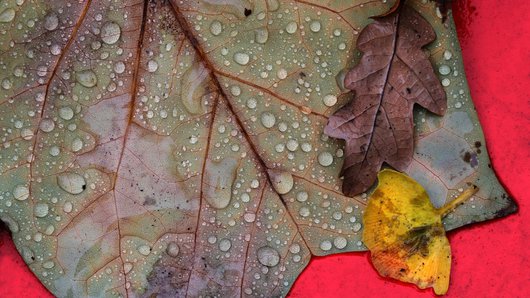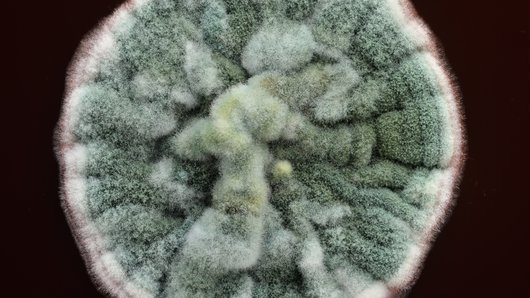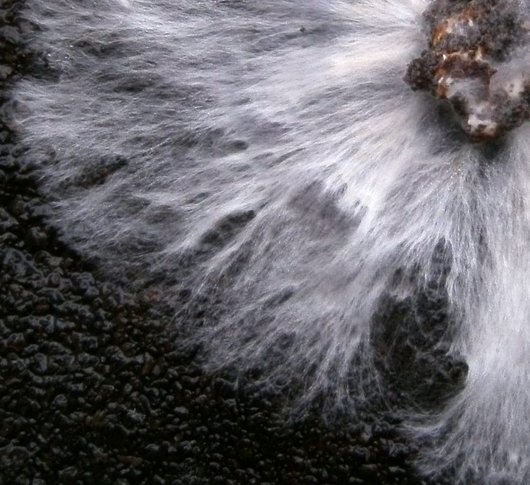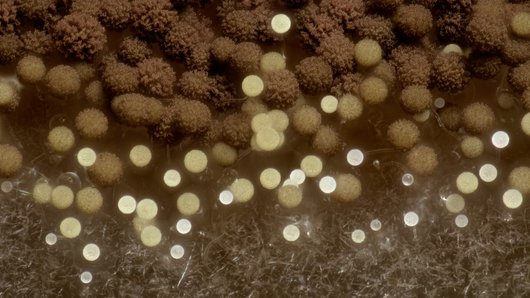Fungi as super recyclers
You may not see them, but they are all around us: fungi. In the soil, in the air, in water, on plants and animals. One of their most important functions is recycling. And you see that - especially in autumn - everywhere.
 In the spotlight: fungi
In the spotlight: fungi
You may not see them, but they are all around us: fungi. In the soil, in the air, in water, on plants and animals. One of their most important functions is recycling. And you see that - especially in autumn - everywhere.
Many fungi are so-called saprotrophs. This is a name derived from ancient Greek. Sapros stands for “rotten, decaying”, and trophos for “food”. Conclusion: fungi eat dead material. In the process, they break down large carbon molecules in organic material, returning essential building blocks to the soil. Fungi do not only clean up, but they make these nutrients available to plants again, completing the circle.

Fungi can recycle much more, even plastic! We already know dozens of species that digest polyurethane. One of these is Cladosporium cladosporioides. This common fungus is capable of digesting 87% of the plastic it lives on in two weeks. This process is too slow to be applied on a large scale, so research is being done on the degradation process and how to speed it up. We may be able to use these fungi in the future to combat global plastic pollution.

Another fungus that is very good at breaking down plastic is the oyster mushroom. This tasty fungus breaks down cigarette filters. Every year, 845,000 tonnes of cigarette butts end up in nature. Over 15 years, the cigarette butts slowly decompose into microplastics. These enter the water via the soil, where fish eat them. This is how microplastics enter the food chain, including ours. It is incredibly important to clean up these butts. With its mycelial filaments, the oyster mushroom penetrates the cigarette butt, after which it breaks down the plastic into nutrients.

People are becoming increasingly dependent on electronic devices. From smartphones to electric cars. All these devices have batteries full of rare and precious lithium. Fungi can recycle these types of lithium-ion batteries. This is important because lithium sources are slowly being depleted. With acids from the fungi Ustilago trichophora and Aspergillus niger, the lithium can be isolated from the battery and reused.
